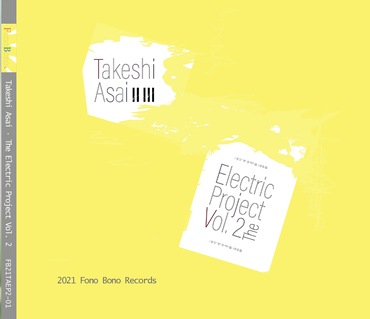
In this, Electric Project - Vol.2, Takeshi was concerned with sounding “weird.” The results could not be more defiant of that description, unless “weird” means adventurous, surprising, invigorating, romantic, emotional.
The album begins with Thralldom Jazz Dance which Takesi dedicates to B Flat Tribeca, the club that is home away from home for Takeshi and his New York Trio. Takeshi himself describes the song by saying, “We live in the computer age, don't we? In the time of pandemic, the internet was the most potent tool to get connected to the world, yet I felt that I was locked in a cage. How can I make technology your friend? Here is my answer.”
With electronic sounds in the intro and throughout the song, the melody carried forward by the keyboards is thrilling and memorable. The electronic drums are intriguing against the rhythms of the electronic pulses.
The Second Song is Takeshi’s run at down tempo “in the style of electric music, with the emphasis of low bass.” The call and response of the keyboards and bass are riveting. The layered textures build and subside before the cool keyboards.
I Say It's All Right is the ongoing message of Takeshi to his lovely wife, Sanae, regarding the strangeness of our new world. Takeshi calls it an “accidental groove” that came and he captured. The message is hopeful and loving, no matter what the world hurls at us, it’s all right. The melody is hopeful and reassuring, like the man Takeshi himself is.
Son Ange is “His Angel” in French. It was and is Takeshi’s wedding gift to my wife, Nicole, and me. In Takeshi’s words, “I met this Jazz journalist, Travis Rogers Jr. He married a beautiful lady, who looks like an angel. Then, this song came out.” The song was played in our wedding to the delight of everyone who heard it. When Takeshi first sent it to me, he said, “I left the final chords unresolved, so the happiness goes on forever.” No words of mine can describe the paired beauty of Takeshi’s song and my Nicole.
Une Autre is dedicated to the soprano Christina Collier. Takeshi calls it “a side product from other song in this album called December. When my wife and I were in Paris, we visited La Basilique du Sacre Coueur de Montmartre on a cold but fine Sunday morning in winter. As we stepped the glorious cathedral, a big choir started singing. We became speechless. I hear a fascinating music that is made of perfect balance between classical and modern. Years later, when we were in French Riviera in summer, our friend and soprano singer Christiana Collier and I shared the love for the sacred music. I wrote this song for a homage to French sacred music and Christina.”
The electronic vocalizations are breathtaking.
Hardly in a Morning Sunrise came out of “a weird bass sound” that Takeshi created in Native Instrument's Massive. He laid down a dance beat which he called Four on Floor. He dedicated this song for the city of New York and to Mr. and Mrs. Torrella. The song sounds like a New York cityscape. It is metropolitan, cool, and busy.
L'Extension is the extension of a song written for film but, seeing how much he liked it, Takeshi extended the tune to great effect. The piano Jazz effect is spot on and mesmerizing with its bent notes and straight-ahead rhythms. The song is dedicated “to the best cat in the world whose name is Maxou and to his owner and cellist, my French teacher Alexandra Livernet.” Takeshi also requests “Alex, please play the song to Maxou.” You have to love a guy who dedicates a song to a cat.
Three Dirges I begins a requiem for double-bassist Marc Peillon. Takeshi explains, “When my wife and I were vacationed in Cote d'Azur in 2019, my friend and fabulous soprano, Christina Collier invited me to a party in her new home in Villefranche. To my deep honor, she has arranged a performance with great French double-bassist, Marc Peillon. Thanks to his superb ears and virtuosity, we had so much fun playing together. To more honor for me, he invited me to play a concert in that beautiful village the following summer. Then, pandemic hit the world. Not only the performance was cancelled but he has passed away. I was left speechless and I am still so today.
Monsieur Marc Peillon, I wrote a requiem for you. Your gentle smile and caring heart will be remembered.” The theme is sad and more than a little haunting. The piano carries the precise emotion and memory of the dirge.
Three Dirges II continues with an upper register reflection with a simple but deep melodic line that is full of anguish and longing.
Three Dirges III concludes the requiem and brings a conclusion to the suite in final repose. It is a remarkable and loving reminiscence on a life well-lived. The minimalist touches are almost raw-nerved in their sadness.
Haruka Mukashi means "long time ago" in Japanese. Takeshi explains, “In my memory, chronology is twisted, events are redefined, and the detail is forgotten. What a relief!” The steady mark of time is punctuated with episodes of sound without an always inevitable progression. The occasional dis-chord focuses the discord of memory. A brilliant piece.
Soundtrack was commissioned by Shintaro Ueyama, a phenomenal photographer and videographer and a kind and honorable man. Ueyama is based in New York City and photographs incredible moon-between-the-skyscrapers scenes. Takeshi was asked to write for Ueyama’s video projects. Takeshi describes, “This film was about a year in the peril in NY. Then the lockdown was in effect, the city was dark and violent, but good New Yorkers remained positive and looked for the bright moments. The music covers the short Spring, limited Summer, beautiful Autumn and the snow. It's a praise for the city of NY.” It is the longest piece on the album and evokes images just as Takeshi describes.
Hope 2.0 is a return to the hope that was lost in the sadness and madness of the pandemic year. Takeshi admits to the need to “recharge” his hope. The droning electronic rhythm sets the backdrop to a time of near-despair that desperately needed the resurging piano melody.
December is a description of what Takeshi calls, “one of the darkest, coldest and loneliest months I have ever experienced. In the studio where I was alone, my mind went to the summer days in Europe, where church bells were ringing, a choir singing, the tradition of music roaring. Musically speaking, I wanted to ignore and destroy all the rules, section harmonies and structures to make a collage in which a lot of short memories come and go, just what my mind was like.” The song opens with the sound of church bells followed by the abstract tones of a choir. The often-disjointed piano riffs and the dissonant interpretation of Beethoven’s Ode to Joy is terribly, sadly sardonic. The song concludes with the fading church bells.
Hidamari is a poetic Japanese word for "tiny sunny spot in Winter." Takeshi says, “One of our best friend couple came to visit us on a beautiful Winter afternoon. I wanted to give them a gift. This is it. She liked it and named it. I am so glad that I could finally record the song.” It is a fitting, hopeful, and beautiful way to close the album.
There is nothing “weird” about The Electric Project – Vol.2. It is filled with moments of pure emotion, reflections on confusion, wondrous love, friendship, and overcoming. Takeshi Asai is a wonder and this album proves it with every moment, every note, every tear.
~Travis Rogers, Jr. The Jazz Owl
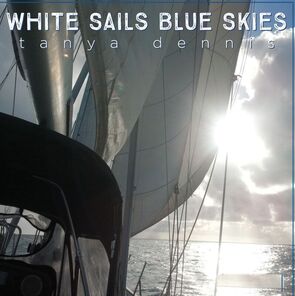

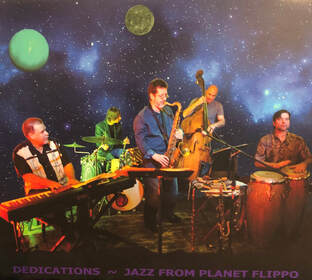
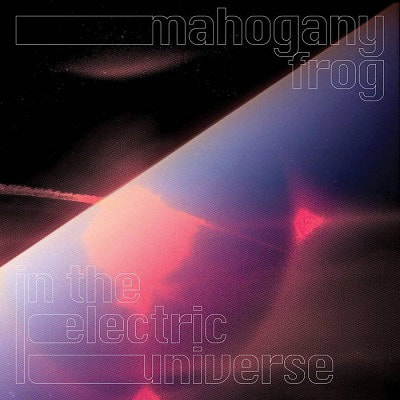
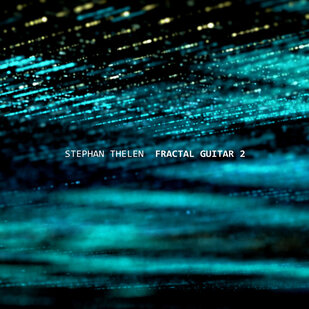
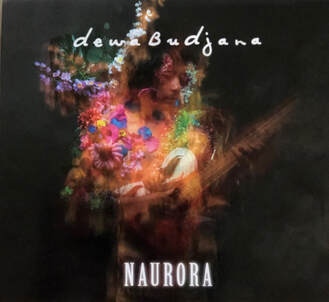
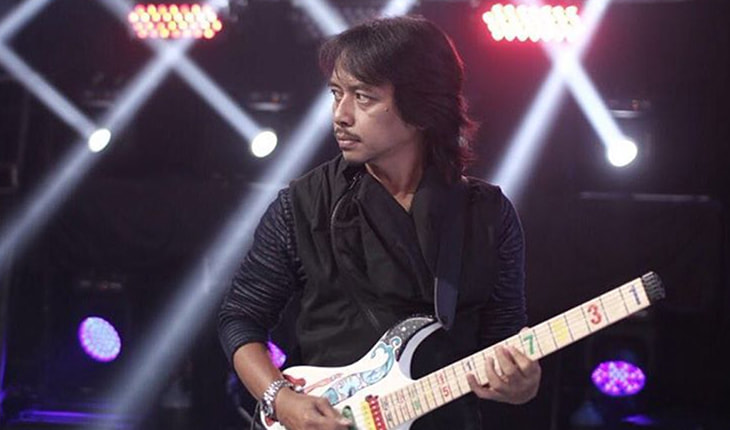


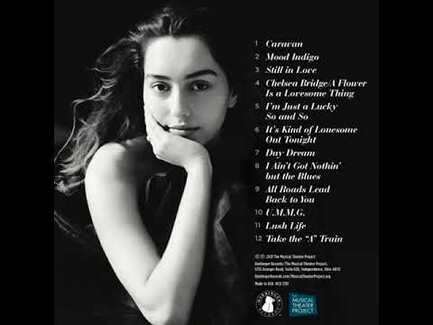
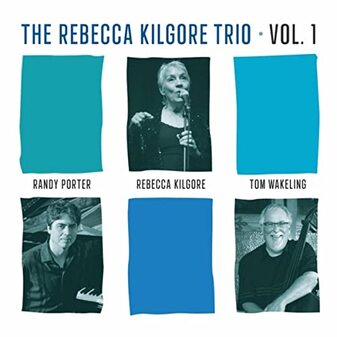
 RSS Feed
RSS Feed
